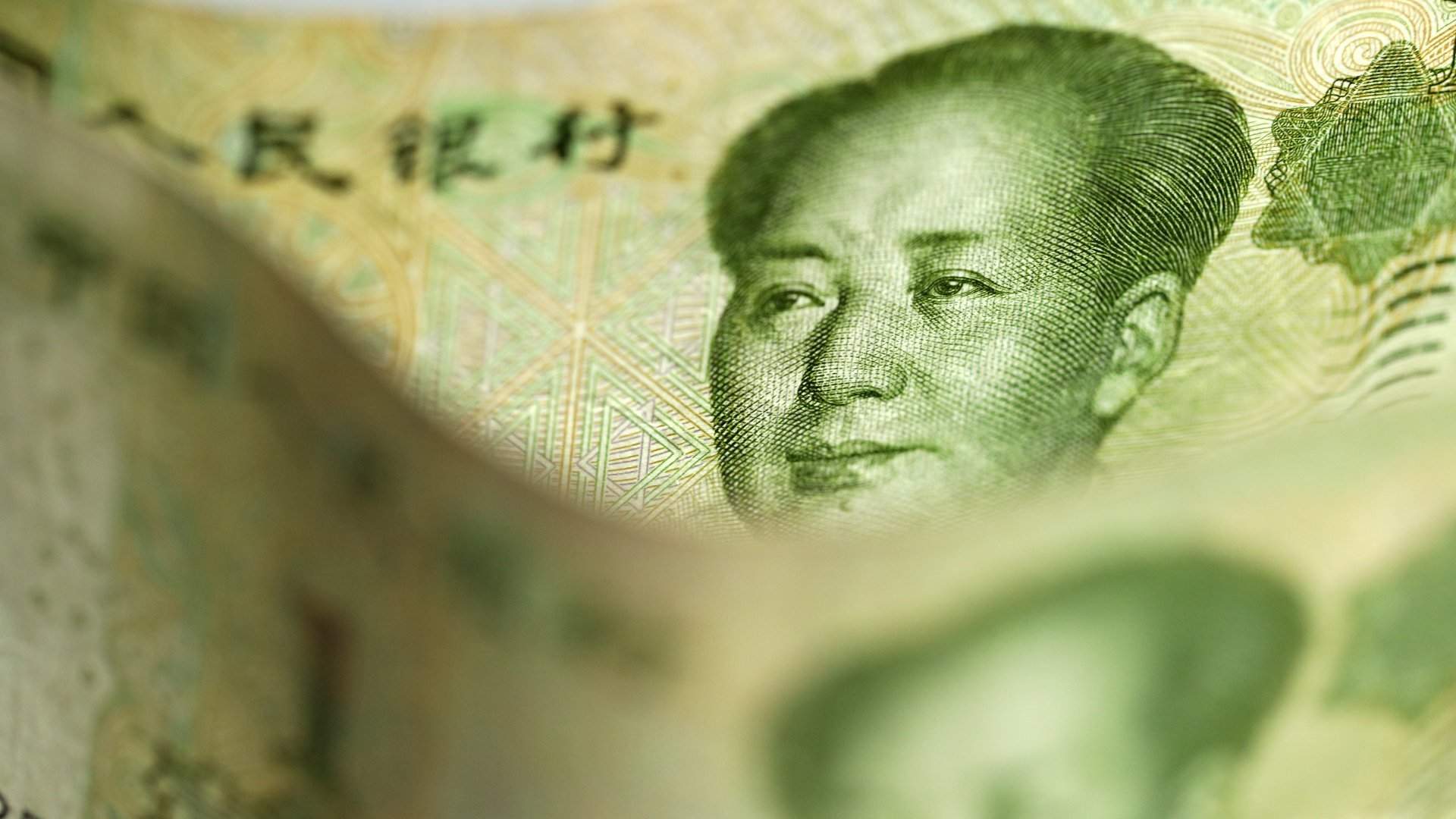
Investors are encouraged by new measures to support the Chinese economy
By Rhod Mackenzie
Asian stock exchanges were awakened on Wednesday, October 25th by the news from China. The Standing Committee of the National People's Congress (NPC), also known as the Chinese Parliament, has approved a program to support the economy through the issuance of government bonds worth a trillion yuan ($137 billion) in the fourth quarter. By the way, the Standing Committee of the NPC made several alterations to the State Council of the PRC and specifically replaced the Minister of Finance, who will now be Lan Foan.
The announcement from Beijing about additional the bonds pleased investors and exchanges and reinforced prospects that the challenging times for the Chinese economy have passed. Consequently, the indices rose. MSCI AC Asia ex Japan (comprising 10 Asian countries, excluding Japan) expanded by 0.9% on 25th October, while Hong Kong's Hang Seng progressed by 2% (currently more than 3%), Chinese CSI300 by 1% (presently 1.3%), and the Japanese Nikkei by 1.1%.
According to reports from Reuters, the Chinese Ministry of Finance will issue 1 trillion yuan ($137 billion) in government bonds. The proceeds from the sale will fund infrastructure improvements and disaster relief efforts.
The news of state investment company Central Huijin's purchase of exchange-traded funds also buoyed investors. Similar acquisitions in 2013 and 2015 led to strong financial market rallies.
"Government expenditure will help in stabilising the (Chinese) economy and bolstering growth in the fourth quarter," stated Stephen Leung from the investment firm UOB Kay Hian, based in Hong Kong.
"The additional fiscal support that has been approved today is precisely the kind of intervention we have been anticipating and is necessary to avert an abrupt fiscal contraction in China later in the year," stated Mark Williams, the Chief Asia Economist at Capital Economics Ltd.
Furthermore, alongside the issuance of government bonds, Xinhua reported that the NPC Standing Committee has augmented the budget deficit for 2023 by 0.8% to almost 3.8%. Additionally, there was a notable event when the Chinese leader, Xi Jinping, made his inaugural visit to the central bank during his tenure in power.
Despite the encouraging economic data for the third quarter that exceeded economists' forecasts and senior officials' "full confidence" that the economy is on track, Beijing has decided to provide further aid to the world's second-largest economy. The target growth of 5% by the end of 2023 is deemed achievable. Undoubtedly, the measures implemented on 25th October to bolster the Chinese economy target not only the current year's end but also 2024, which seems challenging. As a result of the continuing crisis in the property market and deflationary force, experts project that China's economic progress will decline to 4.5% next year.
The Principal Economist of China at Pantheon Macroeconomics Ltd confirms this. Duncan Wrigley is of the opinion that issuing government bonds for a substantial amount can elevate GDP by roughly 0.8%. He is also certain that Beijing is contemplating not just the final two months of 2023, but the upcoming year.
